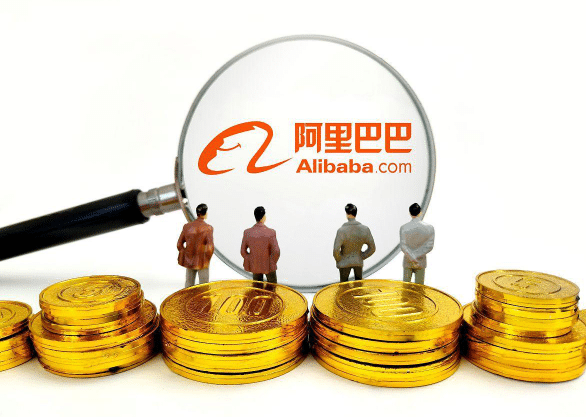A Shift Toward a More Assertive Trade Approach
Recent comments from Joachim Nagel, President of the German Bundesbank and a member of the European Central Bank’s Governing Council, have reignited debate over Europe’s trade stance toward China. Speaking in Washington D.C. during the IMF and World Bank annual meetings on October 18, Nagel urged Europe to adopt a “more aggressive approach” in trade relations to protect its economic interests.
“We are a strong economy with 450 million people,” Nagel said. “We should play the European card more assertively. When it comes to China, I will just say this: China needs Europe more than Europe needs China.”
While emphasizing that Europe should avoid a trade war and maintain dialogue, Nagel insisted that European policymakers must defend their markets and act with greater confidence. “Europe’s most important market is Europe itself,” he added.
Background: Global Trade Tensions and Economic Realignment
According to Reuters, Nagel’s remarks come amid continued fallout from U.S.-China trade tensions that began under the Trump administration’s tariff policies. Those tariffs reshaped global trade flows as Chinese exporters redirected products that could no longer reach the U.S. toward other regions, including Europe.
In this environment, European companies have struggled to compete with Chinese brands, especially in industries such as automobiles, electronics, and machinery. Economists note that China’s industrial exports — including key intermediate goods — are often priced more competitively than local European products. Furthermore, China’s export controls on rare earth materials, essential for high-tech manufacturing, have added another layer of complexity.
Europe’s Dependence on Chinese Rare Earths
Official data from China’s General Administration of Customs shows that in August, China’s rare earth magnet exports to the EU rose by 21% month-on-month to 2,582 tons, more than triple the volume exported to the United States so far this year. By contrast, exports to the U.S. declined by 5% to 590 tons.
A Bloomberg report on September 21 highlighted the EU’s growing reliance on Chinese rare earths, noting that this dependency leaves European industries vulnerable amid ongoing geopolitical and trade tensions.
Growing Competition in the Automotive and Manufacturing Sectors
As reported by The New York Times, Nagel also warned European leaders during an interview in London that complacency on tariffs and competitiveness could be dangerous. He acknowledged that Chinese firms are becoming powerful rivals for German manufacturers — once dominant in sectors like automotive and precision machinery.
Data from JATO Dynamics shows that Chinese car brands nearly doubled their sales in Europe in the first half of this year, with volumes approaching those of Mercedes-Benz. Nagel described this as “an eye-opener” for European companies, emphasizing that the continent must adapt quickly to a changing competitive landscape.
A Call for Strategic Reassessment, Not Isolation
Despite growing rhetoric about reducing dependence on China, several European analysts caution against turning economic competition into confrontation. A March article by Portugal’s Observador newspaper argued that anti-China sentiment could become an obstacle to Europe’s growth, warning that the continent faces both external uncertainty from U.S. policy shifts and internal divisions.
The article noted that China’s pragmatic approach on the global stage — emphasizing free trade, peace, and innovation — still presents opportunities for cooperation. It urged European policymakers to re-evaluate partnerships with China rather than reject them outright due to ideological or political bias.
Looking Ahead
Europe’s debate over how to manage its trade relationship with China is far from settled. As Nagel’s comments show, European leaders are torn between assertiveness and engagement, seeking to balance economic self-protection with mutual benefit. Whether Europe can craft a coherent, forward-looking China strategy may define the next phase of global trade realignment.
References
- Reuters, October 18, 2025: “Bundesbank chief urges more assertive EU trade stance toward China.”
- Bloomberg, September 21, 2025: “EU rare earth imports from China surge, exposing reliance.”
- The New York Times, October 10, 2025: “Europe warned not to grow complacent in competition with China.”
- Observador (Portugal), March 2025: “Anti-China sentiment could hinder Europe’s development.”



